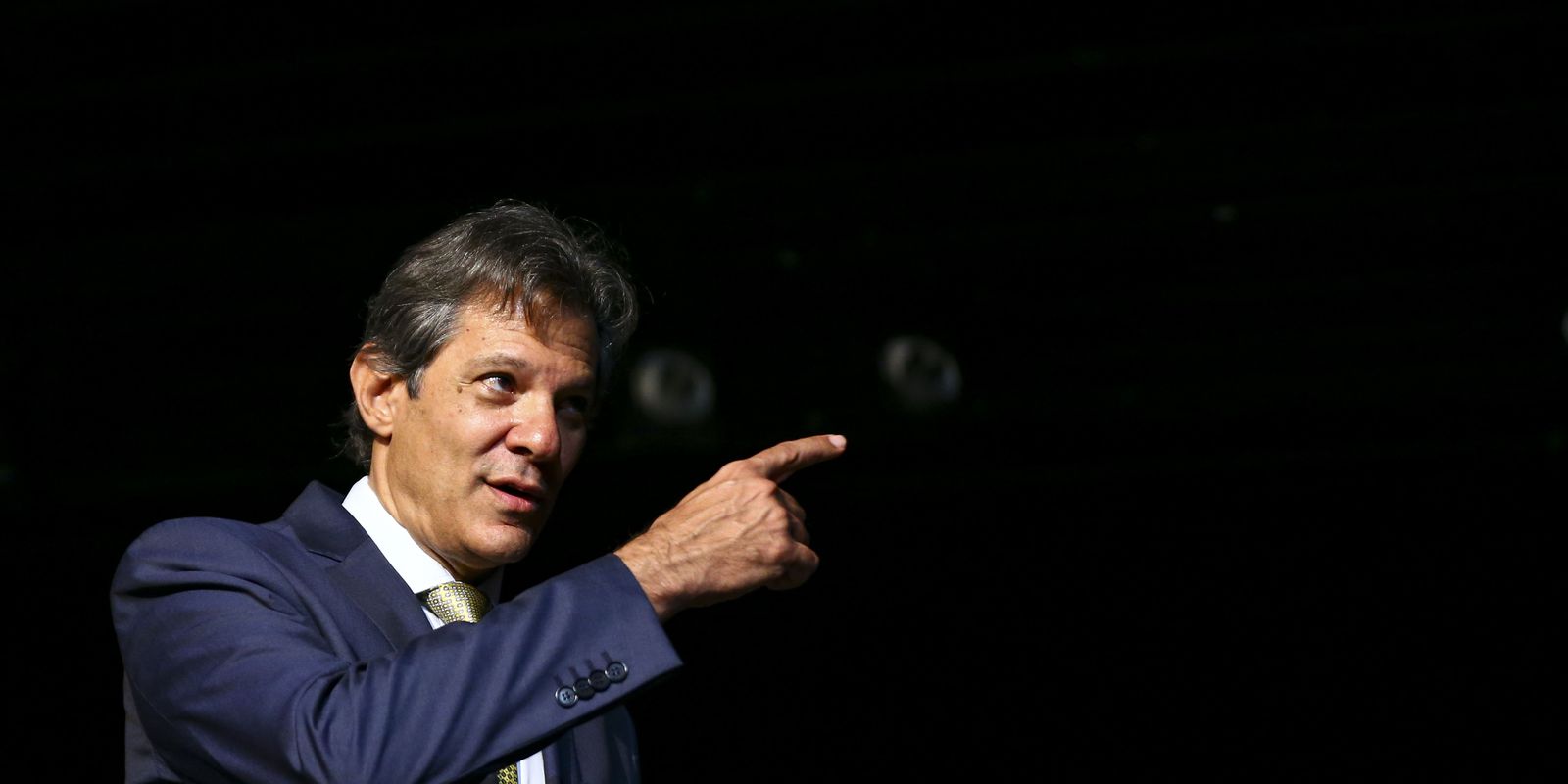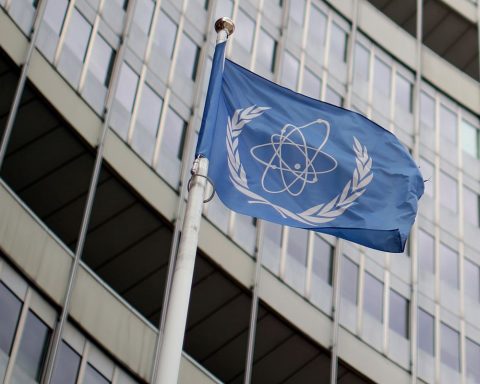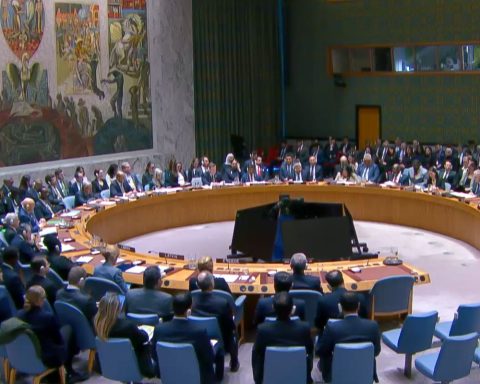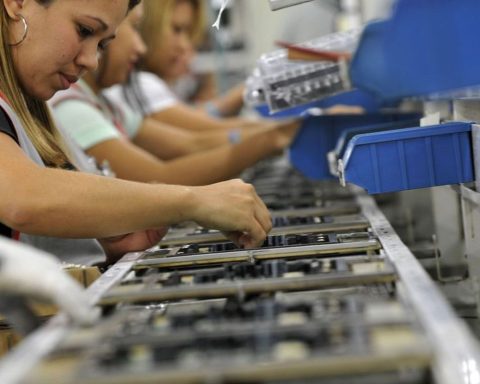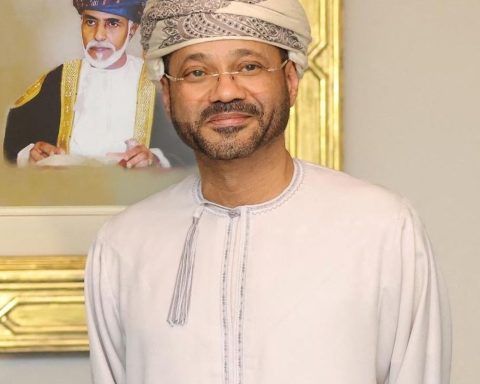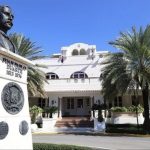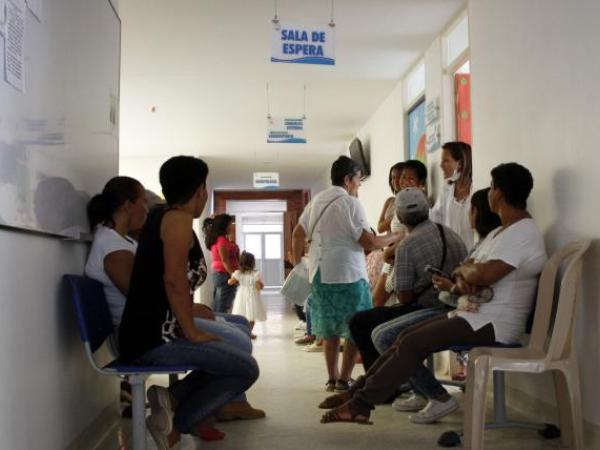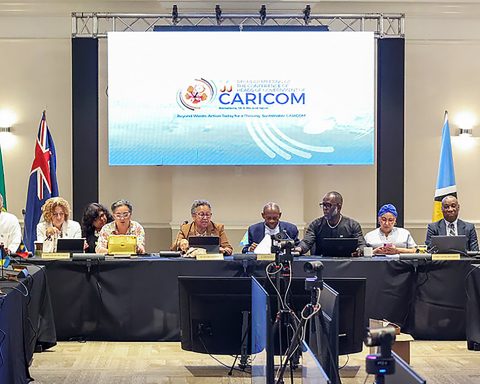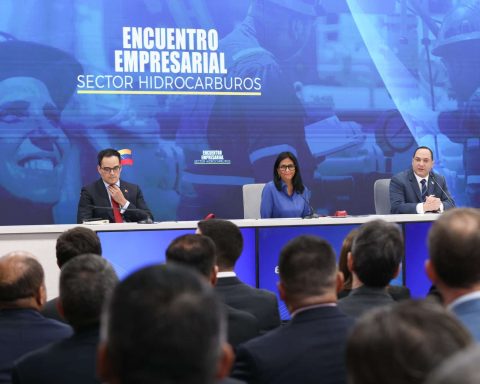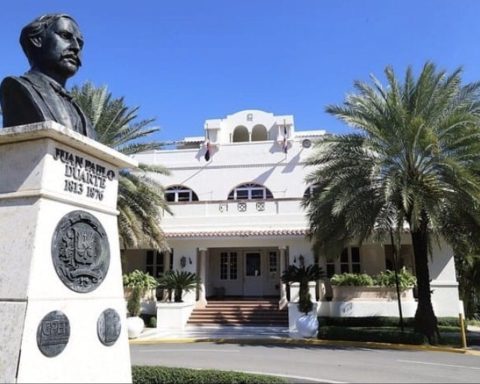The Minister of Finance, Fernando Haddad, said today (17th) that he will send the proposal for the new fiscal framework to the National Congress, “up to April at the latest”. The proposal should replace the current rule of the spending ceilingapproved in 2016. The spending ceiling provides for a growth limit for federal government spending over 20 years, from 2017 to 2036. (IPCA).
The proposal for a new fiscal anchor is foreseen in the Constitutional Amendment of the Transitionwhich determines that the government must submit a complementary bill to the National Congress by August.
Currently, the spending cap is one of three fiscal rules that the government must obey. It aims to prevent the lack of control of public accounts. The others are the primary result target (deficit or surplus), established in the Budget Guidelines Law for each year, and the golden rule, instituted by Article 167 of the Constitution and which obliges the government to request, in some cases, authorization from the Congress to issue government bonds.
Haddad said that, in addition to reviewing the measures adopted in the previous government, he will propose new structural measures, including tax reform. For Haddad, the fiscal framework is part of the “homework” and a prerequisite for development, but not an “end in itself”.
“You have to have your accounts in order, but to develop the country you need a proactive policy to map out the country’s possibilities, where are you going to invest in science and technology, how are you going to rethink the energy matrix, what the type of industry you want to attract to your territory. The tax is part of the homework, but it is not the complete economic agenda if you are thinking about sustainable development, said Haddad, who participated, within the scope of the World Economic Forum, in Davos, Switzerland, in the Brazil Panel: The New Roadmap.
He also spoke about the meetings with the Saudi minister of Investment, Al-Fahli, to discuss partnerships with Brazil.
“I was with the Saudi government, which already has partnerships with Brazilian companies and banks and is interested in investing in Brazil, especially in public-private partnerships and concessions. They have an investment fund and are attentive to all public notices and partnerships that the Brazilian government and states and municipalities will launch in the next period”, he said.
The minister also commented on the meeting with representatives of the Open Society Foundations, a network founded that financially supports civil society groups around the world, with whom he discussed agendas focused on the environmental issue, and with Ian Bremmer, from the consultancy Eurasia, in which they were guided themes focused on geopolitics, such as Brazil’s relationship in the new context of the trade war between the United States and China, the issue of the war in Ukraine and Latin America’s participation in world trade and industry.
“There is a convergence on the subjects addressed: the issue of the latest generation automobile industry, the issue of the hybrid engine, green hydrogen, the issue of ethanol that can serve as an axis for industrializing the country and even the issue of agribusiness. If you manage to realize that they also depend on industrial inputs, we also have a chance to industrialize the country”, he said.
According to Haddad, his participation and that of the Minister of the Environment and Climate Change, Marina Silva, served to reassure the participants of the forum about the political situation in the country. of the Three Powers, on the last day 8.
“I came here with Marina to reassure the international community that Brazil is working, returned to the democratic game and returned to thinking big, returned to the table of the great nations that seek development with social justice and political freedoms”, he said.
